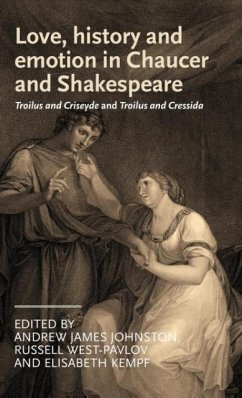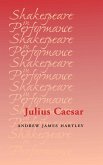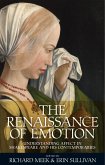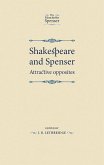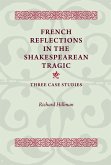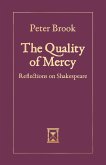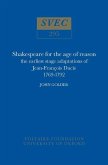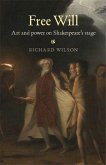This unique collection of essays explores medieval and early modern Troilus-texts from Chaucer to Shakespeare, looking at the powerful potential of emotions to shape and critique complex notions of temporality and textuality. The contributors show how medieval and early modern fictions of Troy use love (and other emotions generated and absorbed by love) as a means of approaching the past and the problem of tradition. Because of the long textual history to which they self-consciously look back, fictions of the Troilus and Criseyde/Cresseid/Cressida-tradition cannot avoid reflecting on the tradition from which they derive and the question of literary tradition itself. As they do so, these texts highlight both the affective nature of temporality and the ability of affect to serve as a prism through which tradition itself can be subjected to critical scrutiny. By focusing on a specific textual lineage that bridges the medieval/ early modern divide this collection participates in the burgeoning exchange between medievalists and early modernists and seeks to generate a truly dialogic encounter between the periods. The collection brings together a number of highly respected scholars from both medieval and early modern studies, many of whom have, in recent years, been instrumental in shaping the terms of the ongoing debate on the nature of the medieval/early modern divide. Thus, this volume continues a discussion which has helped to dismantle the rigid notions of chronology and periodisation that have kept medieval and early modern scholarship apart.

